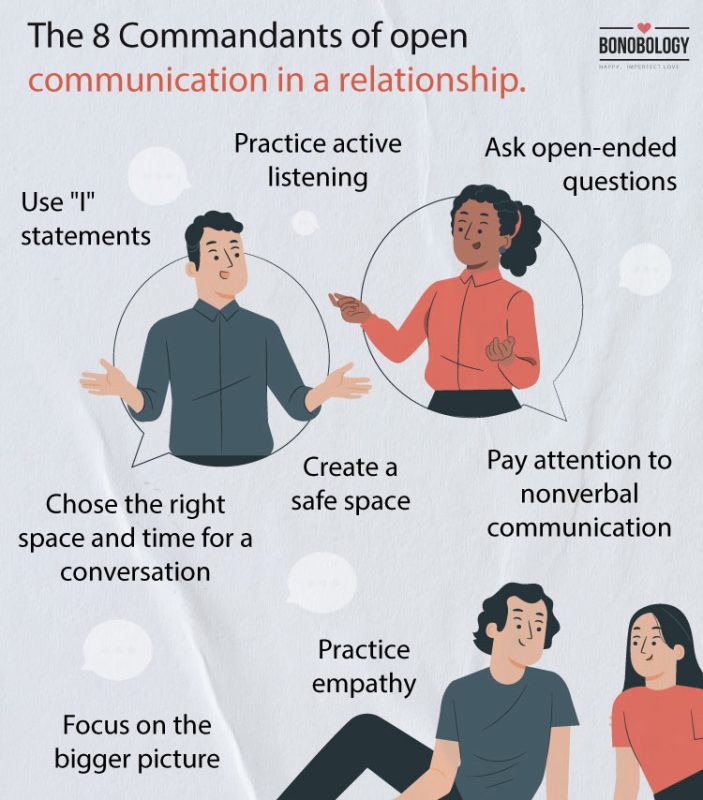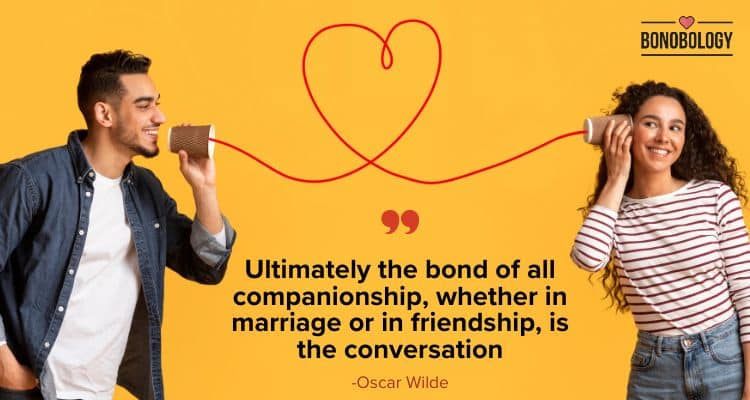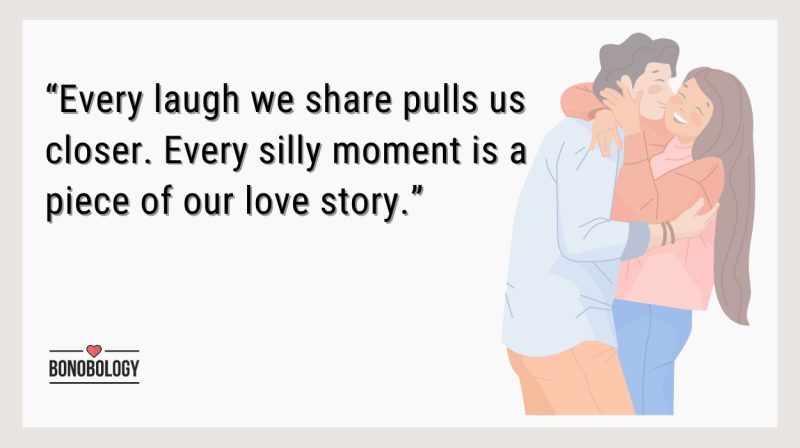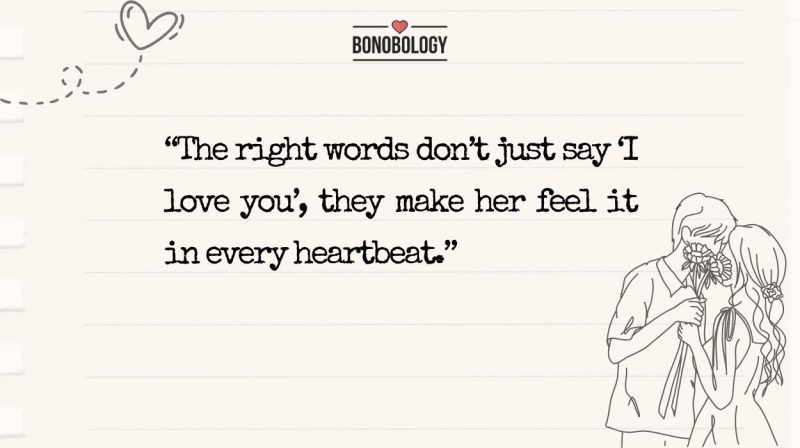Every relationship advice column on the internet begins with this ultimate commandment for relationship satisfaction – open communication in a relationship. While the simplest of definitions will tell you that communication is merely an exchange of information from one person to another, there is a lot at play here. It is super easy to have gaps in communication with your partner leading to mistrust, confusion, resentment, despair, a nagging feeling of falling out of love, and finally, crash-and-burn.
But why is communication so important that it is featured on every how-to list of successful marriages and healthy relationships? And how exactly can we make sure that we are doing it right? We consulted counseling psychologist Tanvi Jajoria (MA in Applied Clinical Psychology), who is the co-founder and director of MentAmigo and an internationally certified EFT Practitioner, to find out the answers to these questions.
Here are some easy-to-digest, bite-sized tips from our expert on the 8 commandments of open communication in a relationship.
What Does It Mean To Communicate Openly?
Table of Contents
“Open communication means the people involved are able to be authentic with their feelings with each other, convey what they want to say effectively, and hold space to understand their partner even at the time of disagreements,” says Tanvi. Rules of communication in relationships include both partners being able to express their thoughts, feelings, needs, and concerns to each other in an honest and respectful manner.
Another way to look at this question is to think of what open communication looks like. This approach of identifying good habits and symptoms can help you emulate them. Notice the following points:
- There is space in the relationship for you to share your thoughts, emotions, and experiences with your partner, even if they are difficult
- You are a good listener. Which means you make an effort to listen to your partner’s perspective and understand their point of view without interrupting or judging them. And vice-versa
- You can be honest with your partner, even if it’s uncomfortable or inconvenient, and you trust them to do the same
- You receive feedback in a respectful and constructive way, focusing on the issue at hand
- You refrain from attacking each other personally
- You work through conflicts and disagreements together in a calm and respectful manner
- You appreciate your partner with words of affirmation, and feel appreciated
- You focus on solutions that are for the best of the relationship instead of for the sake of winning the argument
- You both offer each other emotional support and encouragement during difficult times
- You are transparent about important issues such as finances, health, and personal values
- You make an effort to keep each other informed and involved in decisions that affect both of you
Alternatively, if you find you and your partner blaming each other, lying to each other, stonewalling or shutting each other out, assuming things, being defensive, showing passive aggression, seeing trust issues and jealousy creep in, you are most likely witnessing a lack of effective communication in your relationship.
Related Reading: Falling Out Of Love In A Long-Term Relationship – Signs And What Should You Do
Why Is Open Communication Important In A Relationship?
“Communication plays a big role in developing any healthy relationship. In romantic relationships particularly, people have a very different set of expectations from their significant other than what they would have from any other close friend or family member,” says Tanvi.
“However, in a lot of situations, instead of communicating these expectations and/or desires, we expect our partner to understand on their own. This unrealistic expectation creates a communication gap,” she adds. Here are some of the relationship issues that are caused by this communication gap:
- Having unmet needs
- Feeling of being lonely in the relationship
- Not being on the same page as your partner
- What was supposed to be a beautiful partnership where you just “get” each other, begins to feel increasingly frustrating
- Feeling fear that your partner will get upset, will give an ultimatum, will put the blame on you, will remind you of your past mistakes, and will shame you
In fact, feeling the fear of ridicule, judgment, or anger is why people end up keeping secrets or hiding things from their SOs. Did you know, as per a survey of 5,000 participants, a leading cause of infidelity is lack of communication or not feeling seen, heard, and understood by your partner? This is why we must nurture relationships in which we can convey how we feel clearly, express what we are thinking, and ask for what we want.
What Are The 8 Commandants Of Open Communication In A Relationship?
Now that it’s clear that open and honest communication fosters trust, understanding, and intimacy between partners, there is no reason to beat around the bush. Let’s get straight to the 8 commandants of open communication in a relationship as underlined by our expert. By implementing these guidelines, couples can enhance their communication skills and strengthen their relationship.
1. Practicing active listening
Active listening is the cornerstone of open communication and one of the best ways to communicate better in a relationship. Being a good listener involves giving your full attention to your partner, allowing them to express their thoughts and feelings without interruption. This means setting aside distractions, such as smartphones or television, and focusing on the conversation at hand.
So, now you are looking into their eyes, and you have kept your laptop away. But are you listening to understand them, or are you waiting for them to finish so that you could say your point? Tanvi says, “Don’t listen to respond, but listen to understand with an open mind.” This is the key to an effective listening strategy in a relationship.
Related Reading: Expert Talks About 9 Must-Try Couples Communication Exercises
2. Creating a safe space
Being honest and open with your partner is essential to building trust in a relationship. This means sharing your feelings, thoughts, and concerns freely. But it isn’t easy to practice the policy of full disclosure just because you read it somewhere.
Couples need to make an intentional effort toward creating this space. Promises will have to be kept. Rules will have to be followed. Here are some tips to help you foster emotional safety in your relationship:
- Remove predictable undesirable consequences of honesty. For example, if you always walk out of the room, or shut your partner out, decide to not do it the next time your partner tells you something that upsets you
- Create such rules as per the needs of your relationship
- When you tell your partner that you are going to listen carefully, follow through with that promise, no matter what
- Do not say things like “I told you so” or “Only if you had listened to me” when mistakes are made. Allow each other to make mistakes and learn from them
- If you need space to process information, convey to your partner that you need space and assure them that you will be back once you are feeling better
3. Using “I” statements
“’You made me feel bad’ vs ‘I felt bad in that situation’ – Which one do you think you would respond to in a better way if your partner said it to you?” says Tanvi. “Focus on ‘your’ feelings, ‘your’ thoughts, and ‘your’ experiences. More blame only leads to more defensiveness and less understanding.”
Using “I” statements is a powerful technique to express your feelings without accusing your partner of malice or inadequacy. The moment you say, “You never listen to me,” you put the blame on your partner. Moreover, if they respond with a “No, I always listen to you,” or engage in some blame-shifting themselves, you have no way to prove otherwise and the conversation goes nowhere.
Rephrase it by saying, “I feel unheard when I try to share my thoughts with you.” Now you are talking about ‘your’ feelings, something that you have complete authority over. You must pay attention to this commandment if, like so many people, blaming is your go-to communication style.

4. Choosing the right space and time for a conversation
For communication to be effective, it has to be timed well! You can’t just say anything to your partner anytime, anywhere. In fact, being mindful of time and space can convey to your partner that you value and respect them. This stimulates vulnerability and opening up.
Pay attention to the following, especially when you need to bring up something intense or difficult:
- Talk when you have calmed down
- Ask your partner when they are willing to talk. Wait if needed.
- Set clear intentions so no one is taken aback and so you don’t digress
- Minimize distractions while talking by choosing a quieter time and private space
- Be open to reschedule if something comes up
5. Paying attention to nonverbal communication
Nonverbal communication, such as body language, facial expressions, and tone of voice, plays a significant role in conveying messages and emotions. So, yes, as the cliche goes – it truly doesn’t matter what you say, but how you say it. Tanvi advises, “Observe your partner’s reactions, notice the various facets of their communication style. There’s a lot we miss when we don’t pay attention to our partner beyond their words.”
Similarly, along with your partner’s nonverbal cues, you should also focus on your own. Other ways to communicate better in a relationship nonverbally are:
- Maintain eye contact
- Adopt a relaxed and open posture
- Your voice can show a range of emotions such as aggression, confusion, or anxiety. Pay attention to loudness, control, steadiness, etc.
- Use a calm tone of voice to create an open and inviting atmosphere for conversation
- Pay attention to your pace of speaking. Speak clearly
- Keep your volume stable and pleasant
Related Reading: Should You Share Everything With Your Partner? 8 Things You Shouldn’t!
6. Asking open-ended questions
Asking open-ended questions has forever been advocated as the best tool for easy flow of communication in all sorts of interpersonal relationships – be it the workplace, classroom, or your therapist’s office. Tanvi encourages you to take this strategy into your home and ask your partner in clear words to share their thoughts and feelings. Open-ended questions with your partner will do the following:
- Help clarify doubts
- Encourage them to share more, especially if you are feeling disconnected from your partner
- Show that you’re interested in what your partner says
- Draw them into a conversation
- Sustain the conversation
These questions typically begin with “how,” “what,” or “why” and allow for more in-depth answers than closed-ended questions or yes-no type questions. For example:
- Closed-ended: Are you upset? I don’t know why you get upset so easily!
- Open-ended: Tell me, what’s bothering you?
When Emma noticed that her partner, Alex, seemed upset, she asked, “Tell me. What’s bothering you?” This open-ended question encouraged Alex to share their concerns about work, allowing them to have a meaningful and supportive conversation.
7. Practicing empathy
Empathy is the ability to understand and share another person’s feelings. By putting yourself in your partner’s shoes, you can better comprehend their perspective and respond with compassion. Tanvi says, “We may feel like we know a lot about our partner, but at times we don’t. In order to understand someone, we need to learn to look at their experiences from their perspective.
“If you can share something with your partner without the fear of being judged or your problems being minimized, that means you feel safe with them.” Developing empathy not only strengthens relationships, it also improves cooperation and makes forgiving each other easier. All these lead to a more seamless communication flow between couples.
8. Focusing on the bigger picture
Disagreements are inevitable in any relationship, but how couples manage conflict can significantly impact their overall satisfaction. Adopting a constructive approach to conflict resolution, such as focusing on finding solutions rather than assigning blame, can promote healthier communication.
What all this simply means is that you must prioritize what’s important, especially in the face of friction. This can help you:
- Let things go
- Avoid getting into petty arguments and insignificant details, and getting sidetracked
- Focus on shared values and goals for the relationship
- Allow forgiveness and move on from a space of anger
- Be flexible and more accommodating during a difficult conversation
- Stay positive and optimistic about the future of the relationship
Key Pointers
- One can avoid misunderstanding in a relationship by keeping effective and constant communication as their top priority
- Good communicators are good listeners. They hear as much, if not less, as they speak
- They make sure they choose the right space and time to “talk”, avoid blame, and use “I” sentences. They ask open-ended questions to facilitate conversation and pay attention to nonverbal cues
- It is essential to create a safe space for communication in a relationship
- Being more empathetic and focusing on what’s important during conflicts can help you forgive easily, let go, move on, and not get bogged down by unnecessary details
By following these eight rules of open communication, couples can enhance their communication skills and foster a stronger, more resilient relationship. Tanvi doesn’t forget to remind us, “Approach communication as a joint effort to resolve an issue that you and your partner are together against. The ‘problem’ is the problem, not you, nor your partner.”
These are fairly doable commandments for effective communication in a romantic relationship. But if you feel overwhelmed when putting them in action, if something about your relationship feels off and you feel that you and your partner are not able to cross this hurdle, you should consider seeking help from trained professionals. Should you need that, Bonobology’s panel of expert counselors is here to help you.
FAQs
Open and honest communication is one of the most essential tenets of happiness in a relationship. Open communication allows partners to be on the same page, and reduces trust issues and misunderstandings. If you lack good communication, you might say things to your partner that you will regret later.
Rules of open communication in relationships tell us that the conversation should happen at an appropriate time and place. Blame-game is wrong and “I” statements must be used. It’s important that you be a good listener, ask open-ended questions, and create a safe space in the relationship devoid of judgment, ridicule, etc.
Tips To Practice Emotional Attunement To Transform Your Relationships
Effort In A Relationship: What It Means And 12 Ways To Show It
How To Keep A Relationship Exciting And Interesting For Long Term
Your contribution does not constitute a charitable donation. It will allow Bonobology to continue bringing you new and up-to-date information in our pursuit of helping anyone in the world to learn how to do anything.






















Featured
101 Silly Questions To Ask Your Partner For Fun, Laughter, And Bonding
200 Heart Touching Love Messages For Her
50 вопросов с подвохом, которые стоит задать своему парню
250 випадкових запитань, які можна задати своєму хлопцеві
Kız Arkadaşınızın Bayılacağı 170 Şirin İsim
21 sinais de que ele gosta de fazer amor com você
101 Όμορφα κομπλιμέντα για γυναίκες για να λιώσουν τις καρδιές τους
140+ χαριτωμένα ψευδώνυμα για να καλέσετε τον φίλο σας
35 cartas de amor para él que lo harán llorar
35 lettres d’amour pour lui qui le feront pleurer
Uzmanlar Tarafından Desteklenen Erkek Vücut Dili Çekiciliğinin 20 İşareti
25 lettres d’amour profondément émouvantes pour elle qui la feront pleurer
35 lettere d’amore per lui che lo faranno piangere
10 Mutlaka İzlenmesi Gereken Genç Erkek Yaşlı Kadın İlişki Filmleri
25 lettere d’amore profondamente emozionanti per lei che la faranno piangere
45 сексуальних, брудних текстових повідомлень для вашого хлопця
45 Σέξι, Βρώμικα Μηνύματα για τον Φίλο σου
45 mensajes de texto sensuales y atrevidos para tu novio
Erkek Arkadaşınız İçin 45 Seksi, Müstehcen Mesaj
45 messaggi sexy e piccanti per il tuo ragazzo